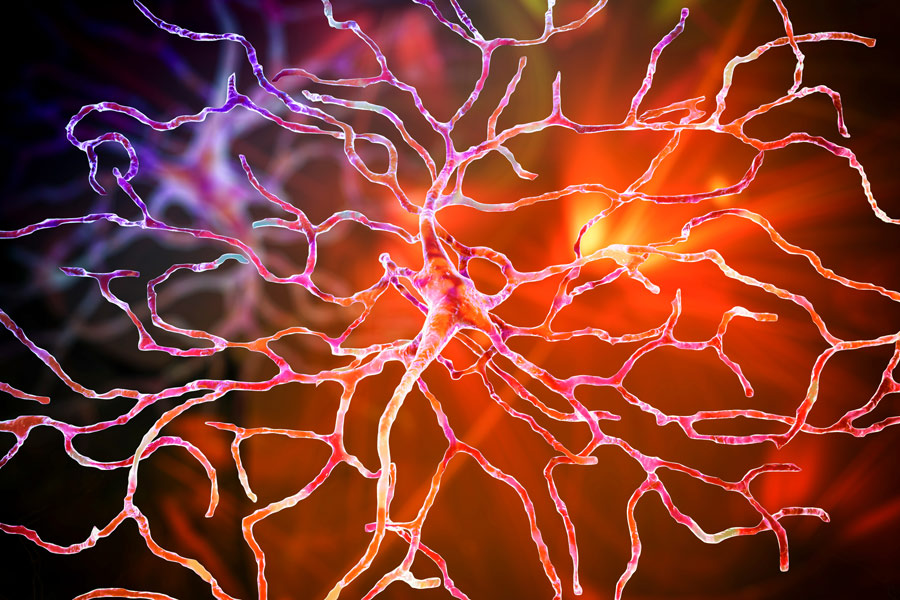Tag: neuroscience
Transdisciplinary philosophy: An interview with Professor Nayef Al-Rodhan

What is Transdisciplinary Philosophy? And what is the paradigm’s intellectual and practical significance for individuals, societal frameworks and the global system? At its most basic level, Transdisciplinary Philosophy is a call for a broader, more inclusive approach to thinking and acting in the world. It is an intellectual approach for addressing complex global challenges by transcending the boundaries of traditional […]
Read More… from Transdisciplinary philosophy: An interview with Professor Nayef Al-Rodhan
The success of simple metaphors in communicating brain science

The Alberta Family Wellness Initiative, supported by the Calgary-based Palix Foundation, has succeeded in achieving individual, organisational, and systems level change regarding brain development, epigenetics, mental health, and addiction. The Brain Story, which uses simple metaphors to communicate complex brain science, has proven an effective tool to achieve this change and move towards building more resilient individuals and communities. Until […]
Read More… from The success of simple metaphors in communicating brain science
Brain Awareness Week 2022

March 14 marks the start of Brain Awareness Week! Spearheaded by the Dana Foundation, the importance of brain research is catapulted onto the global platform between 14th–20th March 2022 – and cerebral successes in the field are celebrated. Research into the brain is vital for saving lives, increasing quality of life and explaining how ‘the little grey cells’ control our […]
Using β3 integrin to control reactive astrocytes, and help neurons survive

The long-ignored astrocyte is of more interest than ever in neuroscience. When the central nervous system is damaged, astrocytes undergo astrogliosis, morphing into reactive astrocytes to protect neurons from further damage. But, as it turns out, this process could be doing more harm than good by not allowing damaged neurons to mend themselves. Professor Lisette Leyton of the University of […]
Read More… from Using β3 integrin to control reactive astrocytes, and help neurons survive
How binocular vision is shaped by early visual experience

We look at the world with two eyes but we see only one picture. This is possible because the brain can bring together visual signals that originate from the left and right eyes to create a single image. How the brain knows how to do that is not well understood. Through a series of experiments, Drs David Fitzpatrick, Jeremy Chang […]
Read More… from How binocular vision is shaped by early visual experience
An introduction to the information dimension

The difficulty of defining the true nature of information has sparked a rich, seemingly unending variety of questions over the past centuries; from the nature of the human soul to whether artificial intelligence can gain consciousness. Now Daniel Boyd, an independent researcher in the Netherlands, believes that these problems could be solved if we view information as a substance residing […]
Read More… from An introduction to the information dimension
Explaining how the mind works: A new theory

How and why do humans think and act in the ways that we do? To answer this question, Dr Paul Badcock and his colleagues have recently proposed a theory of the human brain that combines evidence from evolutionary and developmental psychology, neuroscience, and biology. This theory posits that the human brain is a complex adaptive system, composed of relatively specialised […]
MacBrainResource: Virtual access to decades-old primate brains

MacBrainResource is a vast collection of macaque brain slides and electron microscope (EM) blocks generated in the laboratories of Dr Pasko Rakic and the late Dr Patricia Goldman-Rakic. Drs Lynn Selemon and Alvaro Duque at Yale University School of Medicine are committed to making these valuable brains available to researchers both on-site and remotely via website access (macbrainresource.org). MacBrainResource represents […]
Read More… from MacBrainResource: Virtual access to decades-old primate brains
The dawn of memory modulation and self-prescribed forgetting – a moral dilemma

Human memory is an incredible feat of the brain, storing all of our fondest memories, and all of our greatest heartaches, nightmares and frankly memories we would maybe rather do without. What was once considered an idea bound to science fiction may be a possibility, at least theoretically. Advances in Neuroscience and Psychology have allowed the idea of physically and […]
Read More… from The dawn of memory modulation and self-prescribed forgetting – a moral dilemma
Unveiling the neurobiological processes behind cognitive control

The biological underpinnings of human mental processes involved in acquiring knowledge, processing information and understanding experiences, have been substantially investigated throughout the years. Prof Christian Beste, working at University Hospital Carl Gustav Carus, in Dresden, Germany, has carried out extensive research to try and understand the neural underpinnings of human goal-directed behaviour. His studies are based both on clinical and […]
Read More… from Unveiling the neurobiological processes behind cognitive control